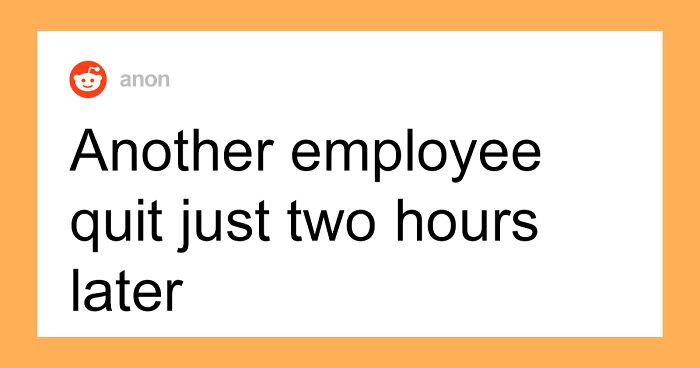
Boss Has An Explosive Reaction To Employee’s Quitting, His Rage Inspires Another Employee To Leave As Well
A crisis will show you what type of person your boss really is. Yelling at your employees is no way to motivate them to try harder. And ranting and raving about how people are quitting surely won’t help you retain more people at the company.
One redditor opened up to the r/antiwork online community about how their boss had an “explosive reaction” when he heard that yet another employee had quit, a mere two weeks after the last one. He vented all of his deep frustrations and dumped his emotional baggage on his team, in probably one of the worst displays of ‘management’ we’ve heard about recently. Scroll down for the full story and to read how the internet reacted to the workplace drama.
Yelling at your employees is only going to make the situation worse. Good leaders control their emotions, toxic managers give in to their anger
Image credits: DC_Studio (not the actual photo)
One internet user shared how their boss started a rant of epic proportions after people kept quitting
Image credits: Prostock-studio (not the actual photo)
Image credits: anon
All the yelling and venting only further demotivated the staff
The OP shared how their boss’ rant had completely demotivated and disheartened the team that was left. So much so that another worker then quit a mere two hours after this happened! Unfortunately, the OP deleted their Reddit account, so we were unable to reach out to them to hear more about what happened.
It’s understandable to feel frustrated when you feel like your team is falling apart. But blaming those who leave due to massive workloads and understaffing issues for not making enough sacrifices feels insincere and inaccurate.
There probably isn’t a job in the world where shouting at someone for real or imagined faults is going to boost morale. Emotional rants will only ever make things worse. It’s an indication of low emotional intelligence. They show that the boss isn’t in control of the situation, doesn’t want to take responsibility, and would rather focus on finding someone to blame than focus on solving the real issues.
Image credits: Craig Adderley (not the actual photo)
Bosses can try out a whole host of strategies to make their top talent want to stay
If a company is seeing massive turnover rates and demotivated employees who are looking for employment elsewhere, clearly, there are deep-seated issues that need to be solved. Finding, hiring, and training new employees is very resource-intensive, so it makes sense to do what’s possible to keep the staff that you have. Especially when you have talented folks (who you’d rather not see jump over to your competitors’ teams).
And though it can be a challenge, managers have a wide range of strategies available to them. In essence, you want to entice your employees to stay by providing them with good conditions and rewarding them for their efforts and results. Having a loyal team backing you up is going to be miles better for your profits than doing exit talks with staff and then onboarding fresh faces every couple of weeks.
Some employee retention strategies are very simple and straightforward, such as offering competitive salaries, giving your staff the ability to work from home (at least some of the time, and giving them some flexibility in how they structure their workday.
According to Forbes, managers can also encourage staff to have a healthy work-life balance, ought to recognize their employees for the work that they do, and strive to build a culture in the office that everyone would genuinely want to be a part of.
Fighting against employee burnout, providing various wellness perks, and fostering professional and personal development are also very powerful tools in any manager’s arsenal. Which of these strategies a leader will use will depend on their management philosophy. But it’s best to at least try something—anything!—instead of expecting staff turnover rates to stabilize by themselves.
Image credits: Sora Shimazaki (not the actual photo)
Managers have to find ways to reduce their stress instead of lashing out
It can be easy to forget that bosses are people, too, not just faceless executives who only care about profit and nothing else. Sure, profit is important, but odds are that your superiors have a lot more ambitions than just making a boatload of cash. They might want to make a positive impact on the world. They might truly believe in their company’s mission. Or they might simply want to do a great job at managing others.
Whatever the case might be, managers are under a ton of pressure to perform. And they have their limits, too. Overstressed, burned out, overworked, and demotivated—that can be your boss, too, not just you. So managing stress becomes a constant challenge.
It helps to start with the basics, like going on walks, exercising, eating well, and getting quality sleep. Meditating, journaling, and deep-breathing exercises can also help reduce stress, according to PsychCentral.
Meanwhile, bosses need to learn to set boundaries just as much as their staff do. They need to learn to delegate some tasks to their employees instead of trying to do everything themselves. This requires a lot of trust. Moreover, leaders have to limit when they’re available to answer emails, go to meetings, and take calls. They cannot be available 24/7 because that’ll eventually wear out even the most resilient executives.
Spending time with family and friends, as well as focusing on your hobbies in your spare time can also remind you of all the wonderful things that life can offer. It can also act as a reminder of why it is that you love your job. Finding purpose at work is important. It’s not just about endless meetings, retention rates, and dealing with others’ demotivation all the time.
Image credits: Sora Shimazaki (not the actual photo)
Here’s how some readers reacted to the workplace drama
Others shared similar stories of people who couldn’t control their anger
"Boss, I'm taking another job for two reasons. (1) More pay. (2) Less you."
"People don't want to work!" B***h *I* don't want to work AND I LIKE MY JOB! I like my job but if I could afford to not do it I damn well wouldn't be doing it
Work is a transactional relationship, not a family, not even a friendship. You owe nothing except for the work you were hired to do; you are not compensated for 'loyalty' or 'dedication' but for actual work. If boss wants more work from you, he owes you more pay. End of line.
"Boss, I'm taking another job for two reasons. (1) More pay. (2) Less you."
"People don't want to work!" B***h *I* don't want to work AND I LIKE MY JOB! I like my job but if I could afford to not do it I damn well wouldn't be doing it
Work is a transactional relationship, not a family, not even a friendship. You owe nothing except for the work you were hired to do; you are not compensated for 'loyalty' or 'dedication' but for actual work. If boss wants more work from you, he owes you more pay. End of line.

 Dark Mode
Dark Mode 

 No fees, cancel anytime
No fees, cancel anytime 







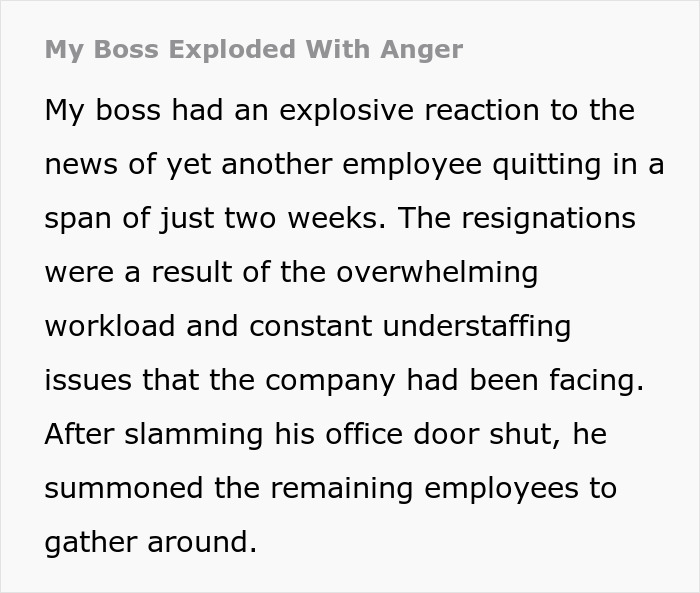

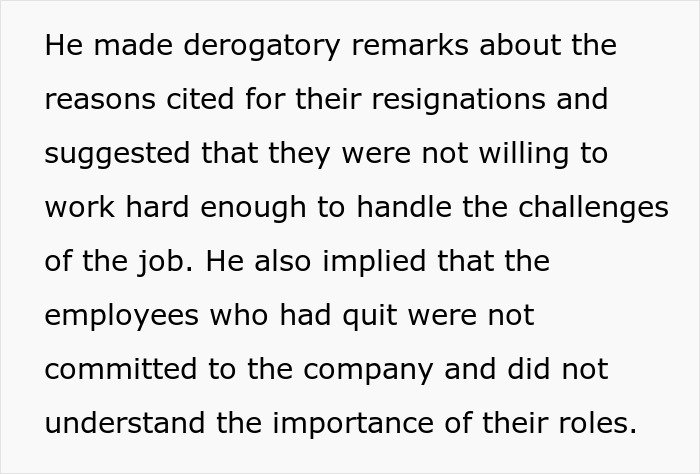

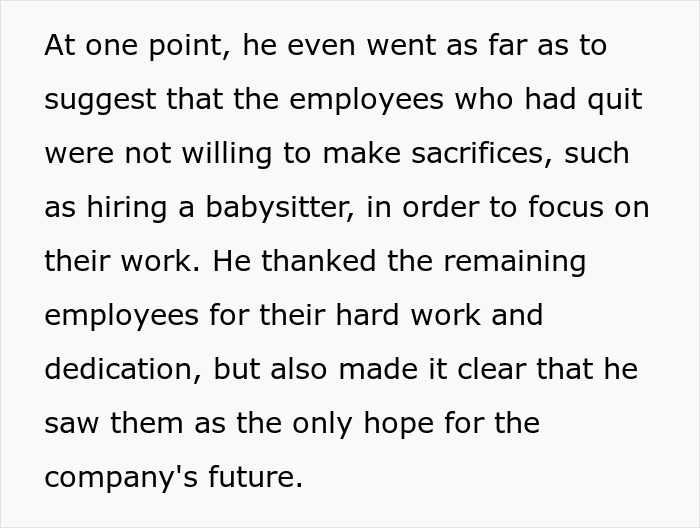
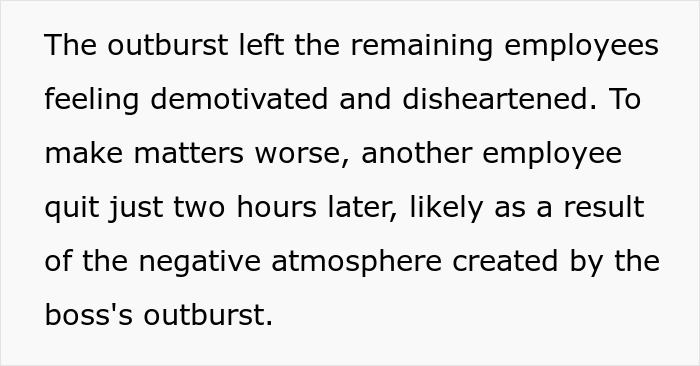







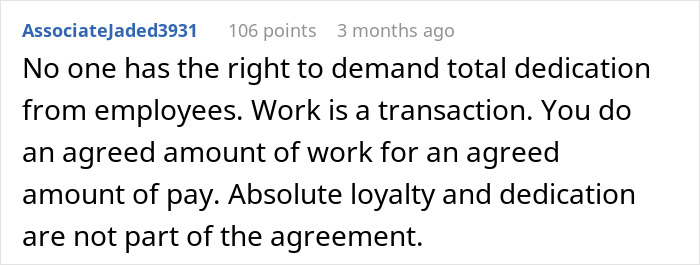

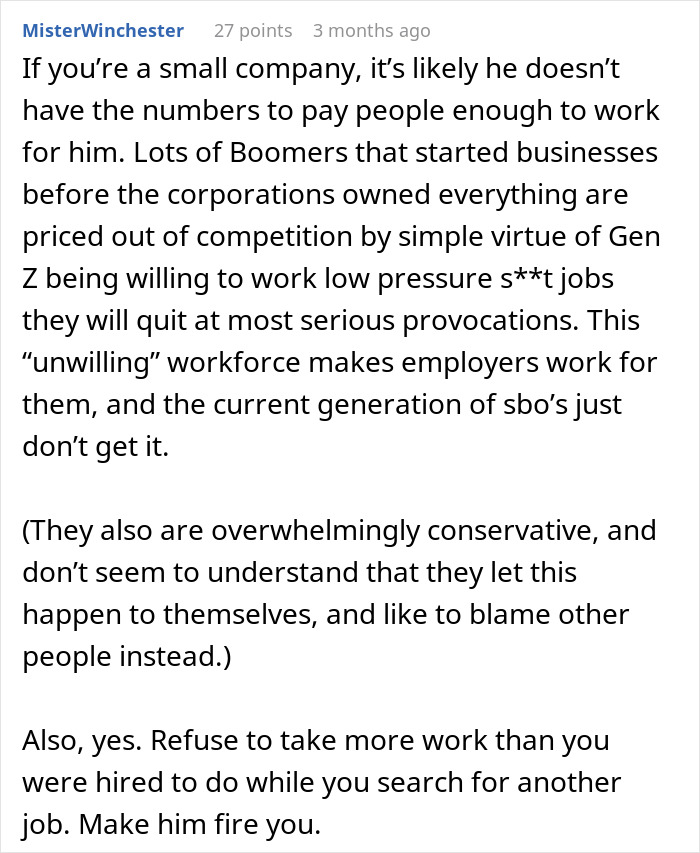



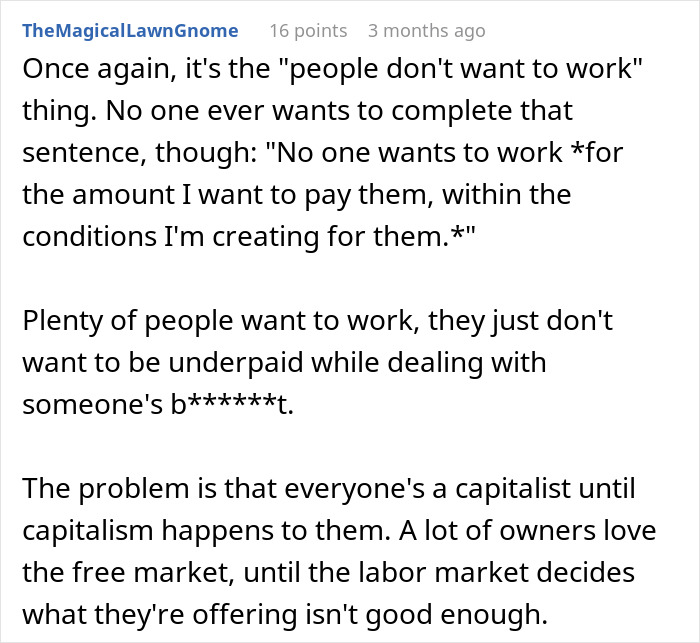



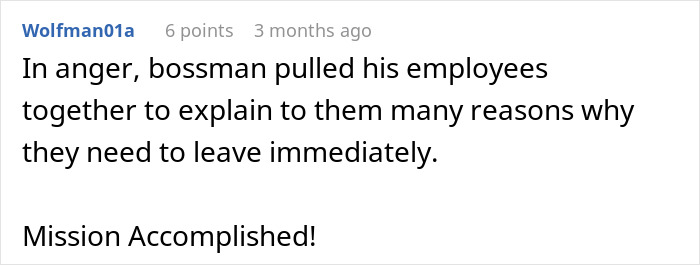


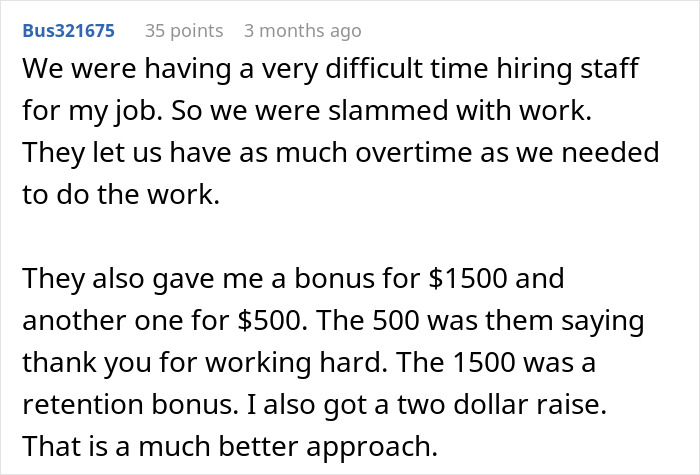
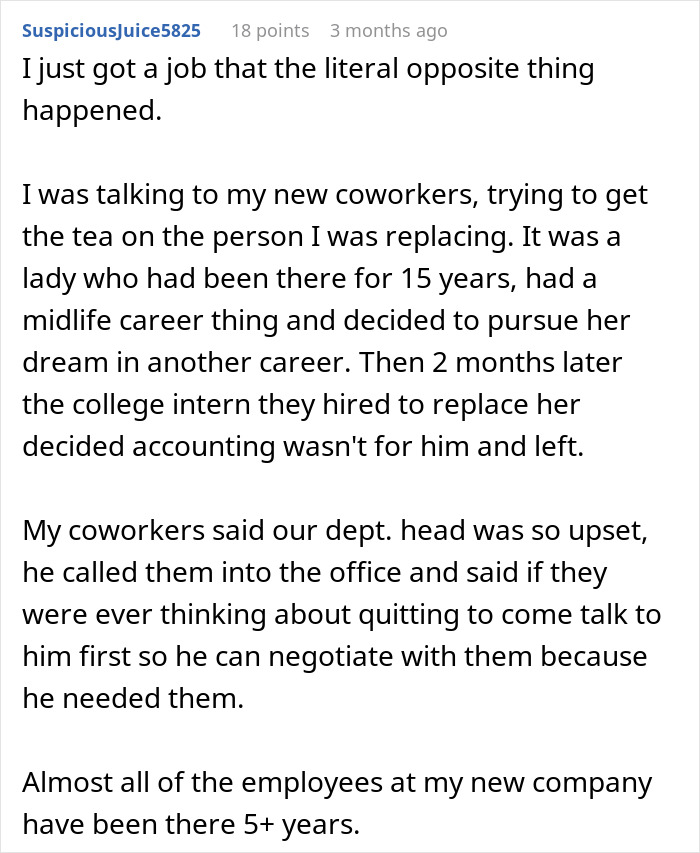












































54
10